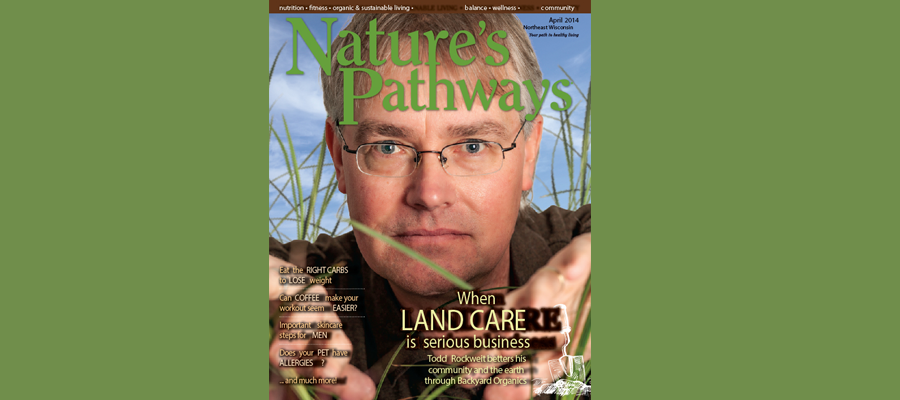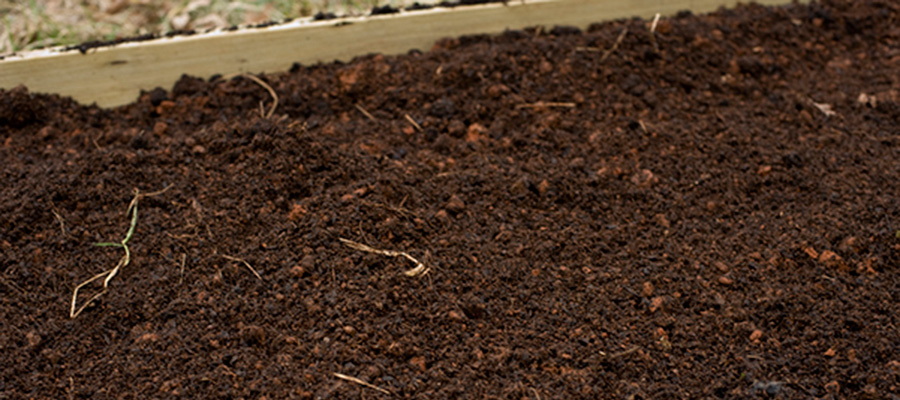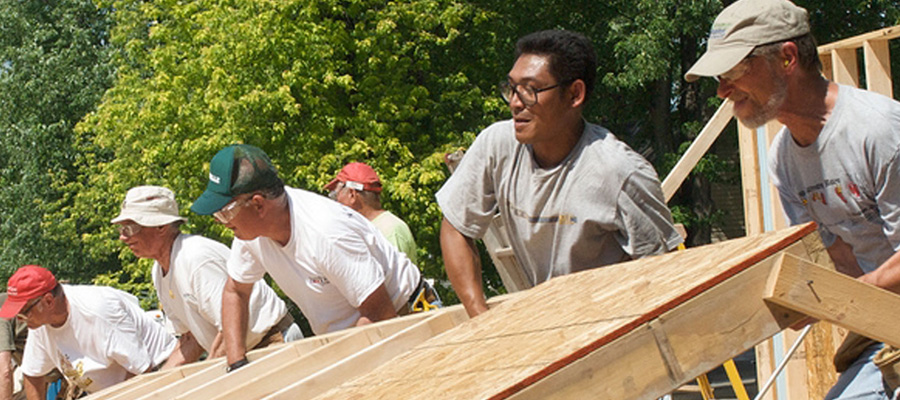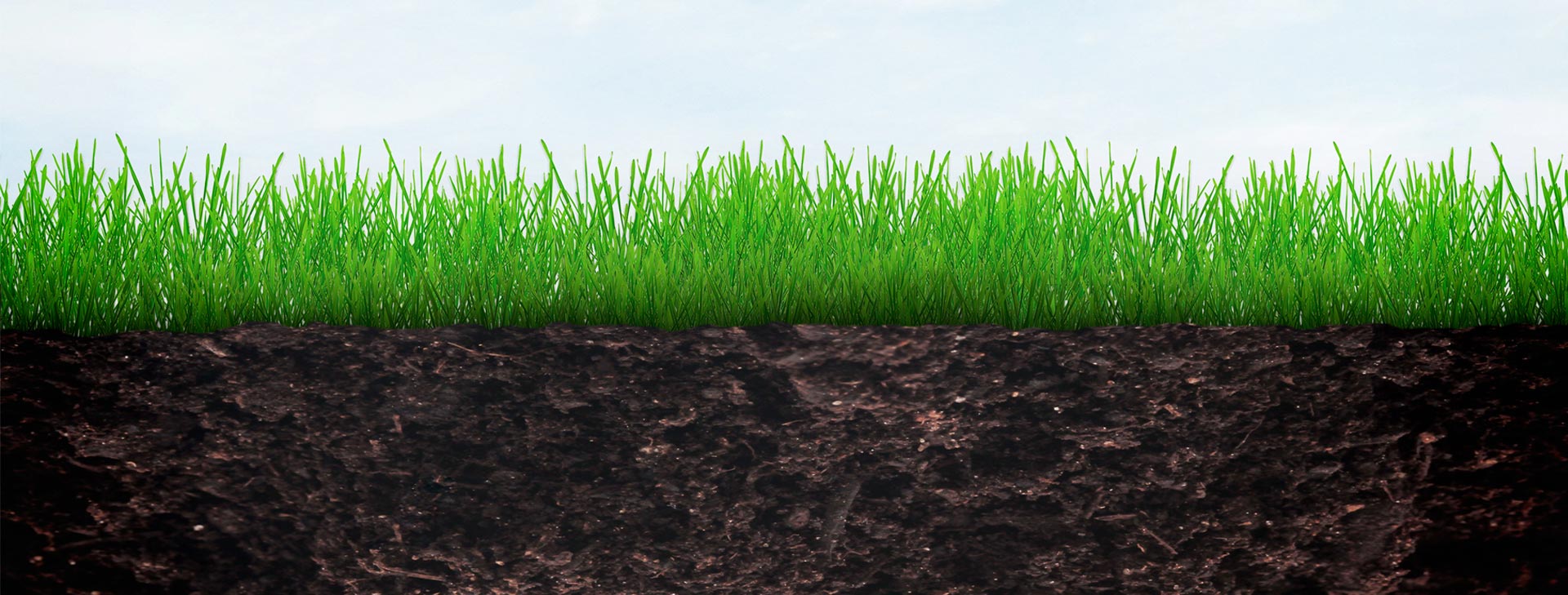
The strength of our character
“Doing the right thing” is often a phrase tossed around without giving much thought to what it means or how it’s accomplished. Even writing about what it means to do the right thing has proven to be difficult, but it’s worth the effort.
Winston Churchill once wrote, “You can always count on Americans to do the right thing after they’ve tried everything else.” While I disagree with his generalization, I do agree that we are in a time when we are more willing to sacrifice the benefits of the greater good for the benefits of ourselves. Is that doing the right thing?
Are we doing the right thing if it only benefits us or our family? Are we doing the right thing if we increased business by providing inferior products and/or services? Are we doing the right thing only when we think others are noticing?
I believe doing the right thing is much like a muscle training exercise that requires a routine that develops a habit that creates strength. Occasionally or often we will run into situations that test the strength of that muscle and force us to make a choice, and it’s our integrity that will take us down the right path. If we recognize the need to do the right thing and remain conscious of always trying to do the right thing, our integrity becomes the strength of our character. These moments happen often and continuously throughout each and every day, and some people are paying attention.
As the father of a 7 year old and an observer of human habits, I often see both the positive and negative effects parents have over children. If we as parents are not doing the right thing or are making choices without integrity, what are we teaching the next generation? I recently recalled a brief conversation I had with my parents as a child. It was a simple conversation but one I remember vividly and one that impacted many of my adult choices. Certainly many of us can recall simple moments like this with big lessons. Children hear and see everything, far more than our myopic adult eyes can focus on. We need to consider what we want them to learn from us — as parents, as neighbors, as community members. When we see our children interacting with other children, do we not want to see them sharing? When we hear our children expressing frustration, do we not want them to speak with honesty and respect? When we watch our children interacting with the earth, do we not want them to treat all of nature’s creatures with gentleness and awe?
This impact doesn’t need to end when the training wheels come off. I’d like to think we can positively impact and guide young people as long as they’re willing to listen. In fact, I recently had the opportunity to speak to a group of environmental studies students about my business in general, but more so about finding passion and purpose in what we do. Sharing some of my unique personal and professional life experiences and my regrets about not finding purpose earlier informed the perspective I offered these young people. Impressively, I found that the students were eager to hear how doing the right thing can work in their professional and personal life. Ultimately, these experiences teach me far more than my guidance probably offers them, but I’d like to think all of us are better for these chances to reflect, consider and teach.
Because I deal with natural ecosystems, my business has taught me that perhaps the answer to what it means to do the right thing might be found in nature itself. Nothing can survive on its own. Plants require an entire ecosystem to survive, and we require a village to raise a family. Until we recognize that doing the right thing means doing what’s right for the greater good, we will all struggle with finding our purpose and determining the “right” path to take.
Maybe it’s as simple as the answer my daughter gave me when asked, “What does it mean to do the right thing?” to which she replied “be nice.” It’s certainly a great start.
![]()
Todd Rockweit
Todd and Tara Rockweit are owners of Backyard Organics, LLC, Wisconsin’s first organic land care business accredited by NOFA, one of two organizations in the country that accredit Organic Land Care Professionals (AOLCPs). Since 2004, Backyard Organics has been supplying natural and organic products and services for people, pets and property, including a complete do-it-yourself program. To read more about our products and services, or if you would like to submit a question, please visit us at https://backyardorganics.net, email [email protected] or call 920-730-3253/888-200-0446.
Website: backyardorganics.net






